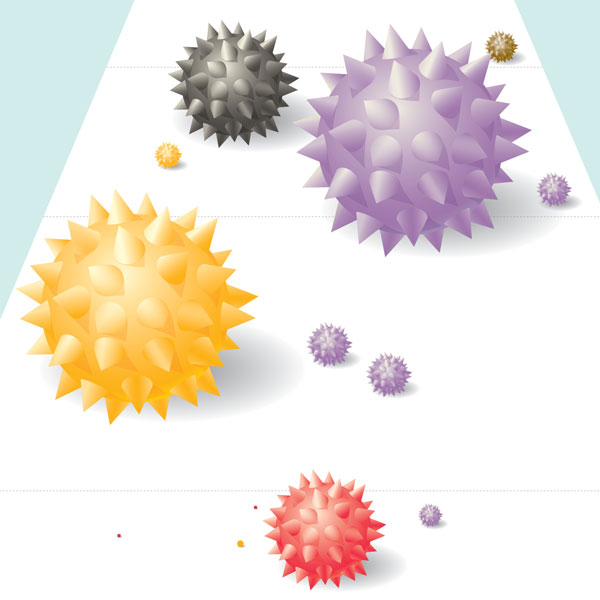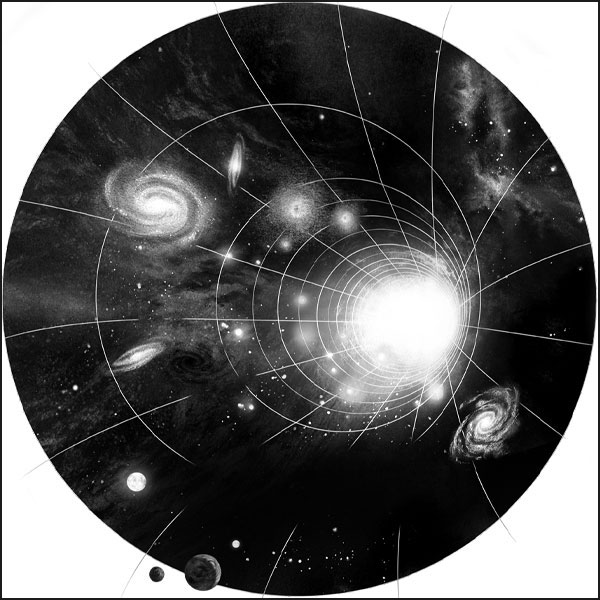Feature: Researching for peace
Science is no harbinger of peace
Scientific research is an integral component of the machinery of war and often benefits from it. But it also saves lives, writes joint editor-in-chief Judith Hochstrasser.

It was scientific research that resulted in nuclear weapons. At the 1966 Easter March from Andelfingen to Zurich, people protested against Switzerland’s plans to add nuclear bombs to its arsenal. | Photo: Fritz Grunder / Photopress-Archive / Keystone
In ideal terms, it sounds great to say that science could truly be an efficient agent for world peace. But it’s too good to be true. As soon as a conflict enters a critical phase, the impact of science diplomacy fizzles out – as has been proven, for example, by developments around Russia’s war of aggression against Ukraine. Since that war broke out, collaborations between the West and Russian research institutions have been cancelled on a massive scale.
Some research projects might still have an impact on a smaller level. They can show, for example, how collaborations between UN peacekeepers and local troops can be extremely effective in helping to pacify regional conflicts. But such projects are merely tiny cogs in the wheel of world affairs. The reality is bitter; ultimately, it’s politics that determines war and peace.
And if we take a more sober look at things, it’s clear that scientific research is an integral component of the machinery of war. It develops new weapons, from the atomic bomb to the remote-controlled drone, and often even derives actual benefit from war – after all, governments are happy to invest in projects that might help their country to achieve military superiority and thus a greater sense of security. This all seems utterly depressing. But science is by no means the only field that is able to profit from violence and suffering. The creative arts can also be used in war-mongering propaganda, such as the Nazis’ antisemitic film Jud Süss. There are also masterpieces of art and literature that cry out against the terrors of war – like the lithograph Die Mütter (‘The mothers’) by Käthe Kollwitz or the poem Todesfuge (‘Death fugue’) by Paul Celan – and yet without war, they would not have been created in the first place.
However, both art and science can help to bring this spiral of death to a halt. The film ‘The Day After’ is said to have helped to mitigate the danger of nuclear war between the USA and the Soviet Union. And it was in the midst of the Second World War that researchers developed the antibiotics that went on to save lives all around the globe. If we cast off our idealistic blinkers, we can see clearly that there are two sides to science. But this is also true of almost every human endeavour. So why should it alone be capable of nothing but good?




